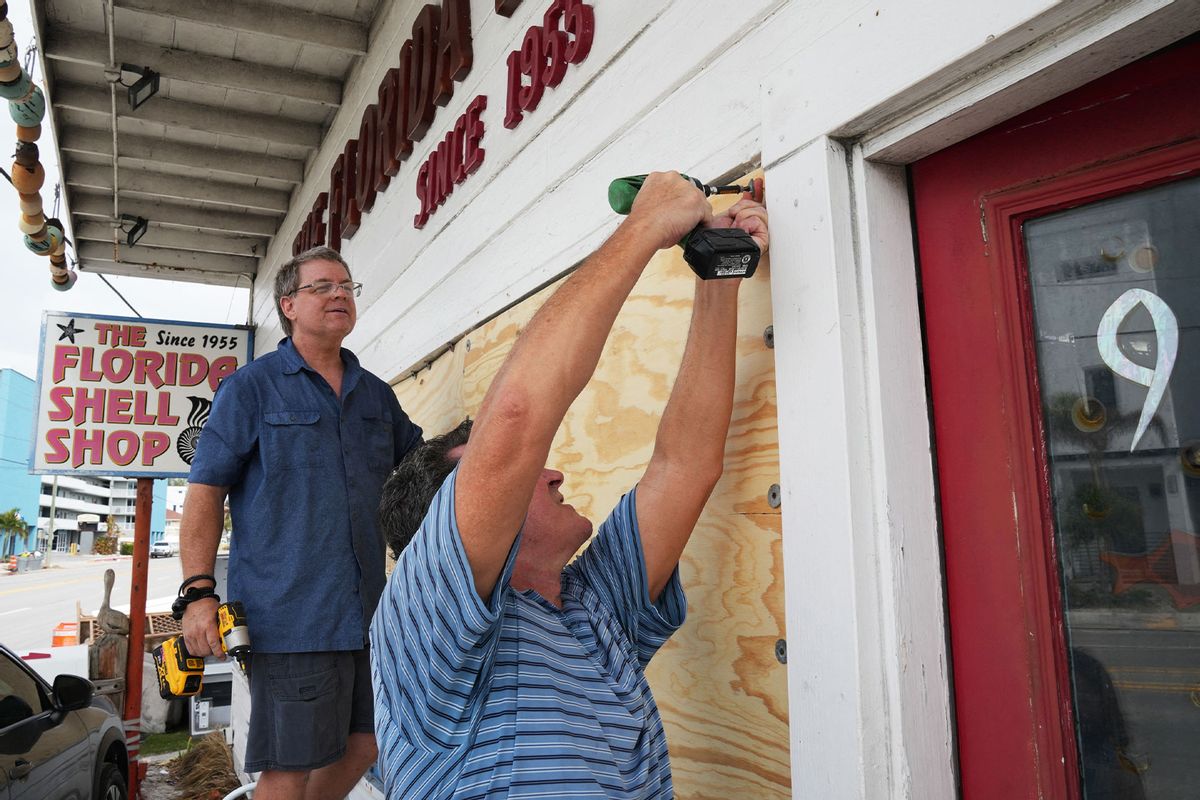Just days after Hurricane Helene ravaged the southeastern United States, another major storm has formed: Hurricane Milton. Already, Milton was upgraded to a Category 5 storm on the Saffir-Simpson scale, raising alarms throughout the nation as it powers toward the region. On Monday, President Joe Biden signed an emergency declaration for Florida while the state has issued evacuation orders. Along with the record-breaking Hurricane Beryl, it is the second Category 5 hurricane this season.
The hurricane is driving sustained winds up to 175 miles per hour; Category 4 storms have winds from 130 to 156 miles per hour, with any storm surpassing those wind speeds therefore classified as Category 5.
Despite this, Category 5 hurricanes are traditionally quite rare. In recorded history, only 40 hurricanes have ever achieved Category 5 status after originating in the Atlantic Ocean. Hurricane Milton is currently expected to impact Florida on Wednesday, although experts acknowledge that its oscillating speeds make this somewhat uncertain. One area where it will likely make landfall is in the Tampa Bay metropolitan area, a region that was also hit hard by Hurricane Helene. The storm is currently centered 130 miles west-northwest of Progreso, Mexico.
The National Hurricane Center described Hurricane Milton’s evolution as “remarkable,” as it has rapidly become the strongest hurricane to emerge from the Gulf of Mexico since Hurricane Michael in 2018. When it hits Florida, residents are told to expect widespread power outages as well as damage to infrastructure.
Climate scientists agree that, as we continue burning fossil fuels, storms like Hurricane Milton will become more frequent and more severe. Speaking with The Washington Post last year about Hurricane Idalia, which also unexpectedly and rapidly intensified before making landfall, Colorado State University hurricane researcher Phil Klotzbach told the Post “It’s hard to say how much of the increase in rapid intensification is due to human-caused climate change. But, I’d say that it has likely contributed to the increase in these high-end rapid intensification events. I think this makes sense given what we expect with climate change. That is, that climate change tends to shift the [extremes].”
Read more
about climate change
